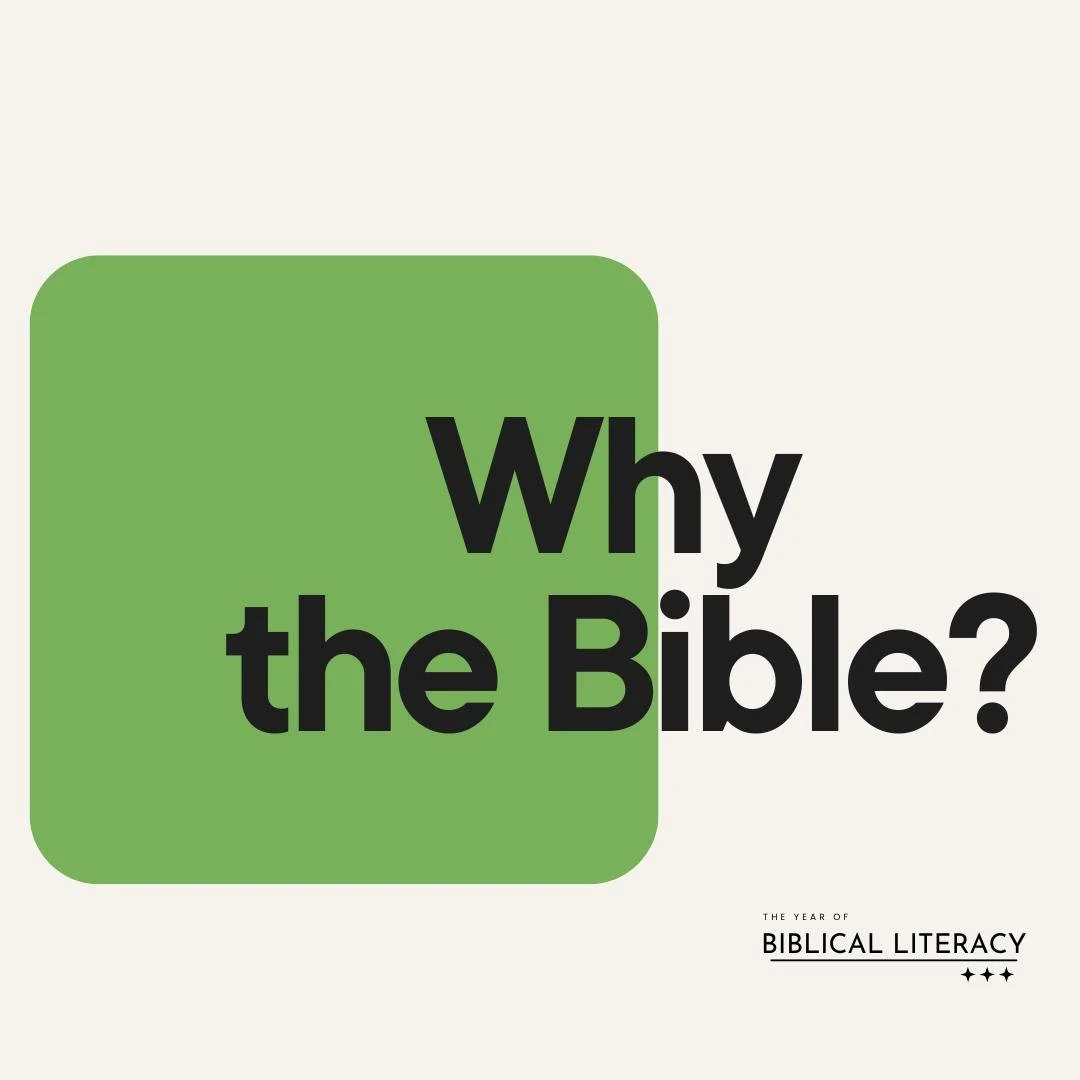What’s wrong with the world—and with us? In this message on The Fall (Genesis 3), we uncover sin’s origin, its devastating consequences, and the surprising grace of a God who seeks, clothes, and promises redemption even in humanity’s darkest moment.
Read MoreEvery great story has a beginning — and so does ours. The opening chapters of Genesis reveals who God is, who we are, and why our lives matter. If you expect the Bible to read like a self-help book, you may be missing its true purpose. Instead, the Bible’s many voices form one story that points us to Jesus and invites us into life with God.
Read MoreWhat is the Bible really for? Is it just to answer our questions, or is it something far deeper? Discover how Scripture reveals who God is, shapes us into the image of Jesus, and invites us into His story of redemption.
Read MoreIf you expect the Bible to read like a self-help book, you may be missing its true purpose. Instead, the Bible’s many voices form one story that points us to Jesus and invites us into life with God.
Read MoreDo you love Jesus but feel unsure what to do with the Bible? What is it about this ancient collection of writings that gives it such authority in the Christian faith? Ultimately, we read and trust the Bible not because it’s easy or unproblematic, but because we are followers of Jesus—and if Jesus trusted it then so can we.
Read MoreWe’re on the brink of a year-long adventure that could change the way you see the Bible—and the way you see God. On Sunday, Todd explained what the Year of Biblical Literacy is all about and why it matters for every one of us. If you’ve ever longed to understand Scripture more deeply, this might be the year everything shifts.
Read MoreMemorising Scripture feels old-fashioned in a world where everything is one Google search away. But what if instant access to information can’t produce the transformation your soul actually needs? Discover why hiding God’s Word in your heart may be one of the most powerful spiritual practices of your life.
Read MoreMost of us love the idea of freedom, but few of us realise how deeply it’s tied to knowing God’s truth. This week we’ll explore why studying Scripture isn’t just for scholars—it’s a pathway to freedom, clarity, and transformation. And we’ll discover how even simple questions can lead us into some of God’s greatest treasures.
Read MoreIn a world addicted to speed, God invites us to read His Word at the pace of the soul, not the pace of our schedules. Drawing from Scripture—and a dog joyfully chewing his bone—we explore the lost practice of biblical meditation. Discover how slowing down with Scripture opens us to God’s voice and leads to true spiritual transformation.
Read MoreMany of us know we should read the Bible — yet struggle to do it. What if reading Scripture isn’t about checking a box, but meeting the living God? This message invites us to follow Jesus’ example of immersing our lives in Scripture, not just to read the Bible, but to be formed by it.
Read MoreEver feel like temptation sneaks up on you when you least expect it? In this message, we uncover the enemy’s four timeless tactics of temptation and discover how prayer and trust in God become our ultimate “way of escape.” Don’t miss this powerful conclusion to The Way of Escape series — it might just change how you face your next temptation.
Read MoreSometimes, the only way to overcome temptation isn’t by fighting harder—it’s by not fighting alone. This week in The Way of Escape, we’ll explore how community and confession can break the power of shame and lead us into freedom.
Read More




